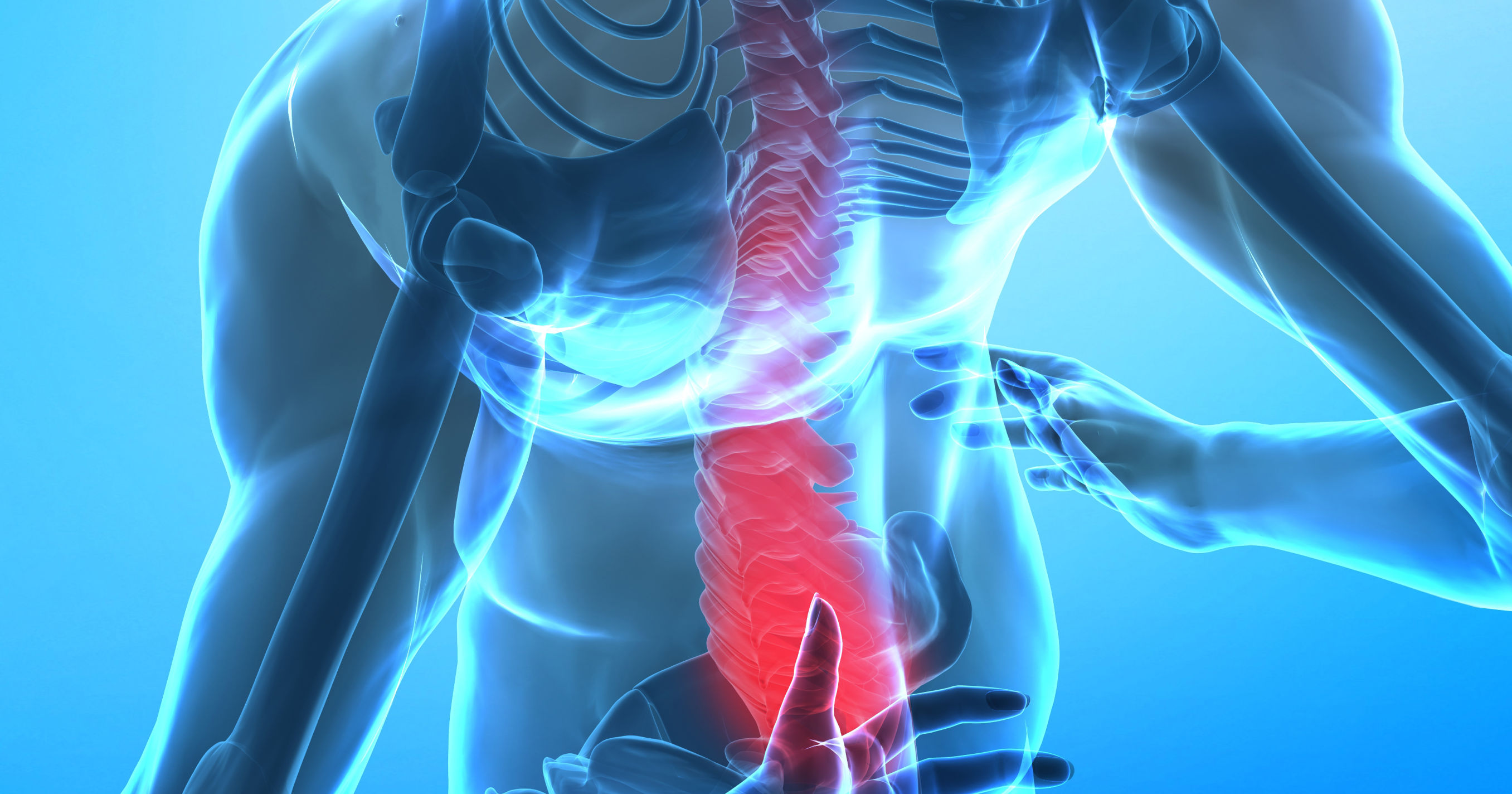May 11, 2013
Magnesium has long been known to be critical in hundreds of processes in the body including bone health, blood pressure regulation, muscle and nerve function, blood sugar regulation, and energy production. A recent study published in Atherosclerosis used data from the 15 year long Japan Collaborative Cohort Study involving 58,615 Japanese people aged 40 to 79. Dietary intake of magnesium was found to be inversely correlated with death rates due to cardiovascular disease (CVD). In other words, the more magnesium consumed in the diet the less chance of dying from CVD. In fact, those that had the highest magnesium intake had a 50% reduced risk of dying from CVD than those with the lowest magnesium intake.
In the US magnesium is a commonly deficient nutrient, if the proper blood tests are run, mainly due to a lack of this nutrient in our diet. One of the best ways to accurately measure magnesium is to run a “RBC magnesium” as serum magnesium is usually within the normal limits when tested. RBC magnesium looks at the amount of magnesium inside the red blood cell.
Foods containing a significant amount of magnesium include: buckwheat, leafy greens, pumpkin seeds, beans, some chocolates, and some nuts. With the exception of chocolate these foods are not regularly included into a standard American diet.
CVD is the #1 cause of deaths worldwide and has been for many decades in spite of the use of statin drugs. Making dietary changes including increasing magnesium can significantly reduce this risk with no side effects. This is really a no brainer!
References:
Associations of dietary magnesium intake with mortality from cardiovascular disease: The JACC study. Atherosclerosis. 2012;221:587-595.



Dr. Groneck
We are dedicated to providing a comprehensive approach to helping you achieve optimal health by looking at the synergy of the whole person, not just a collection of parts. We combine standard medical testing with functional medicine testing to gain an in-depth understanding of what is wrong and, equally important, how to fix it.